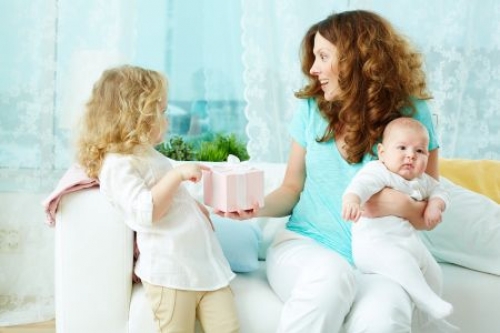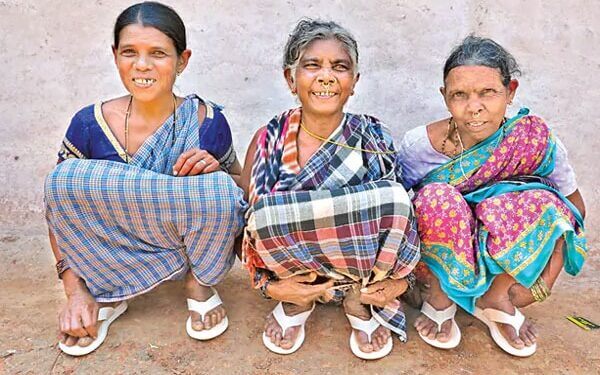Kids born to single mothers are well adjusted: study
Tue 05 Jul 2016, 11:05:35

Children born to single mothers are generally well adjusted, with positive feelings about family life, although they do raise questions about the absence of a father, a new study has found.
"Indeed, at the age at which children begin to understand their family circumstances, they continue to function well," said Sophie Zadeh from University of Cambridge in the UK.
The number of children born to single women is increasing with the help of technology such as donor insemination and in-vitro fertilisation (IVF), researchers said.
The study was an evaluation of 51 solo mother families who were compared with 52 heterosexual two-parent families with at least one donor-conceived child aged 4-9 years.
The participating families were matched in terms of the age and gender of the target child, and on demographic factors including the mother's educational level.
The study is the first to examine child adjustment and children's perspectives in solo mother families at an age at which children are old enough to understand their family circumstances and what it means to grow up without a father - and the only study to assess children's own reports about their social and family experiences, said Zadeh.
Mothers in both groups answered standardised questionnaires of child adjustment and parenting stress. In addition, the solo mothers completed an interview which asked about their children's feelings about a father, and whether or not this was a topic of family discussion,
researchers said.
researchers said.
A total of 47 children within these solo mother families agreed to be interviewed. They were asked about family life and friendships. There was no significant difference between the two family types when assessed for child adjustment according to a standardised questionnaire, researchers said.
However, higher levels of financial difficulties within the solo mother families, and higher levels of parenting stress, were each associated with higher levels of child adjustment problems, they said.
Mothers mostly reported that their children had neutral (39 per cent) or mixed (28 per cent) feelings about the absence of a father, although qualitative analysis of mothers' reports showed that conversations about fathers were a prominent feature of family life, researchers said.
As for the children themselves, most (89 per cent) who answered a question about changing their family circumstances either expressed a desire for just trivial changes (38 per cent) or no change (51 per cent). Children mostly (59 per cent) reported high (19 per cent) or very high (40 per cent) levels of enjoyment of school.
All reported having at least one friend, and most (51 per cent) named five or more friends. The majority (63 per cent) had not been teased at school, or had experienced only trivial teasing (34 per cent), researchers said.
"Between the ages of 4 and 9, donor-conceived children in solo mother families generally seem to be doing well," said Zadeh.
No Comments For This Post, Be first to write a Comment.
Most viewed from Specials
Most viewed from World
AIMIM News
Latest Urdu News
Most Viewed
May 26, 2020
Do you think Canada-India relations will improve under New PM Mark Carney?
Latest Videos View All
Like Us
Home
About Us
Advertise With Us
All Polls
Epaper Archives
Privacy Policy
Contact Us
Download Etemaad App
© 2025 Etemaad Daily News, All Rights Reserved.





















.jpg)
.jpg)
.jpg)
.jpg)

















